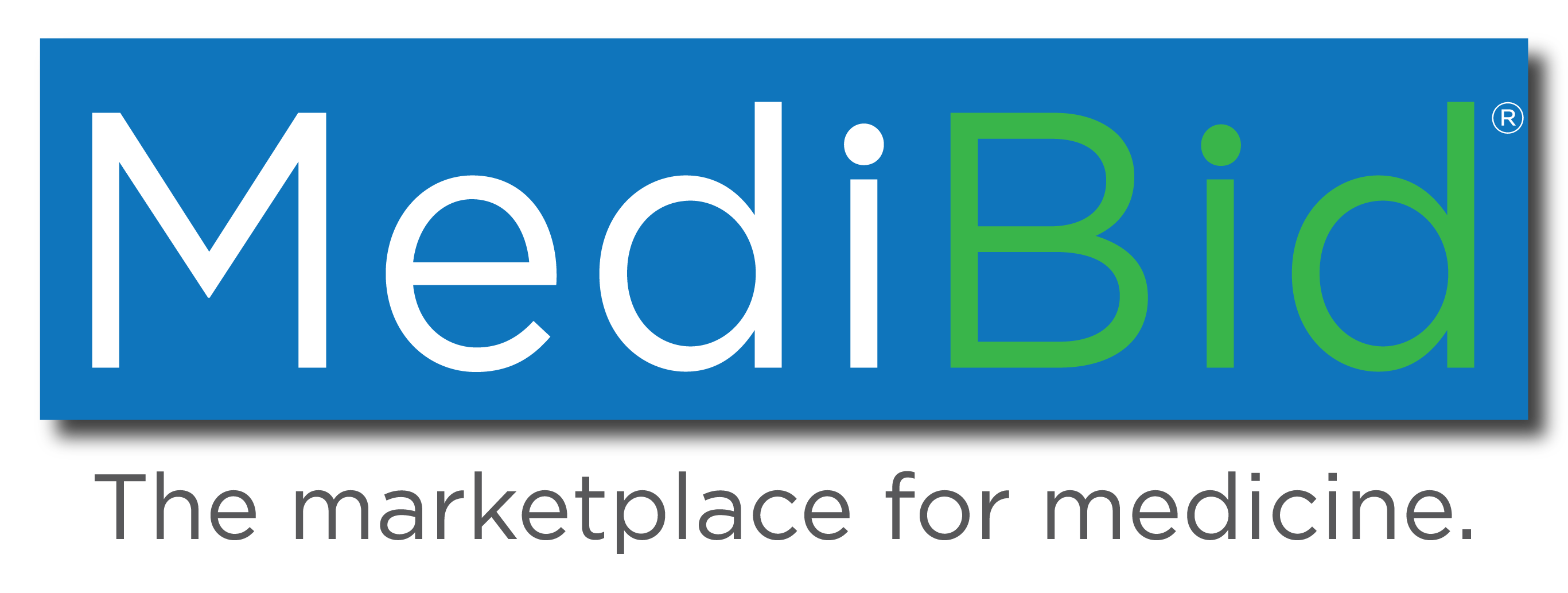by Kenton Fletcher
Drug and alcohol addiction affects nearly 50 million people in the U.S. and has no social, economic, age group or spiritual boundaries. Prevailing notions and stigmas about substance abuse create obstacles to seeking treatment or engaging in forthcoming discussions with loved ones.
Common behaviors associated with Substance Use Disorder (SUD) include denial, lying, and living in fear. Emotional isolation further reinforces the urge to get high or drunk.
Facts about SUD
- 9.2 million people 12 and older misused opioids in the past year (2022, US Dept of Health and Human Services)
- 46.3 million people aged 12 or older (or 16.5 percent of the population) met the criteria for having a substance use disorder in the past year, including 29.5 million people with an alcohol use disorder and 24 million people classified as having a drug use disorder. (2022, US Dept of Health and Human Services)
- In 2021, 94% of people aged 12 or older with a substance use disorder did not receive any treatment. (2022, US Dept of Health and Human Services)
- An average of nine North Carolina residents died each day from a drug overdose in 2020, a 40% increase from the previous year (2021, North Carolina Department of Health and Human Services)
Addiction and the Brain
Sustained use of alcohol or drugs causes fundamental changes in the brain’s neuron pathways that lead to compulsive behavior, depression, self-harm, intense cravings, and psychosis. Every time an addict consumes, their brain is temporarily flooded with dopamine, the “feel good” chemical associated with pleasure and reward.
A drug induced surge of dopamine can be up to 10 times more powerful than reward sensations from natural behaviors such as food or sex. Continued gratification causes diminishment of normal stimuli and behaviors and reinforces a vicious cycle of craving, consumption, pleasure, and repetition.
Treatment
There is no total cure for addiction. There is no medicine, therapy, or exclusive treatment center that can make the cravings, obsessive behavior, and anxiety go away entirely.
One of challenges to recovery is to get the afflicted person to recognize and admit their problem and seek help. There are techniques that can support treatment seeking, such as intervention and education, but ultimately the user must realize the life-threatening danger of their situation and want to get better.
Patients must be guided on the road to sobriety, remission, and ultimately recovery of their health, lifestyle, and social relationships. It is not an easy road to follow, and the path never really ends, but the journey won’t begin without the first few steps.
If you or a loved one is struggling with substance dependency, it is imperative that you contact a professional addiction specialist and request a free consultation. You may place a request for this treatment on MediBid.


